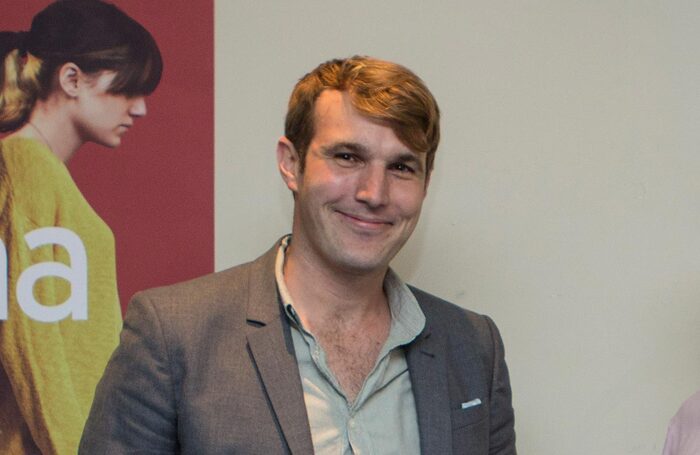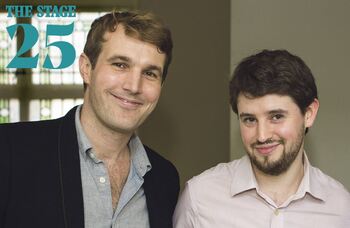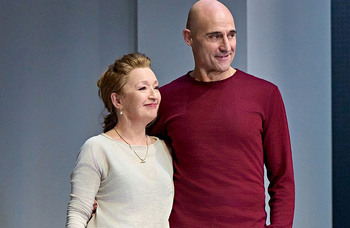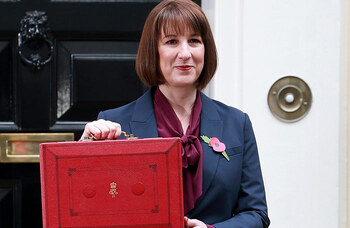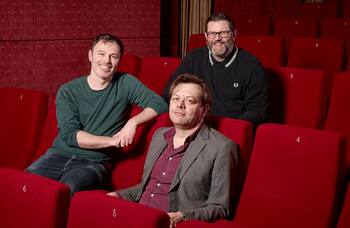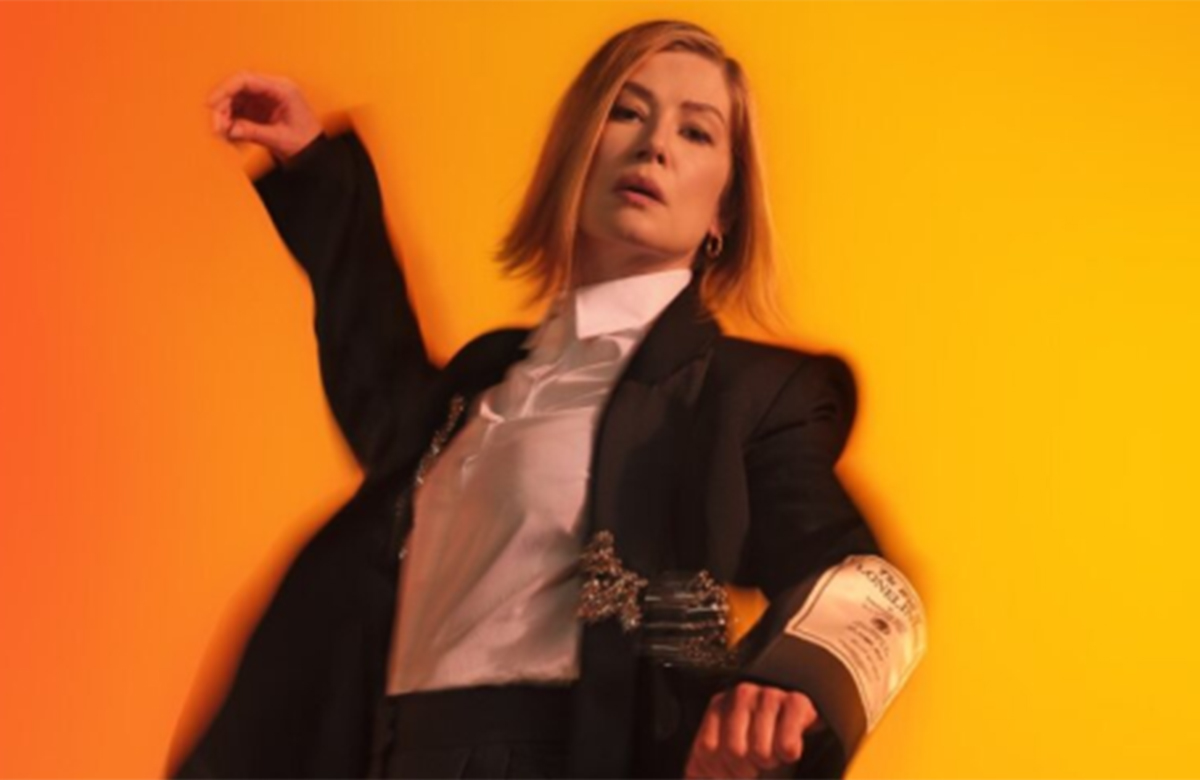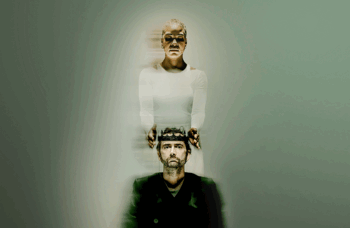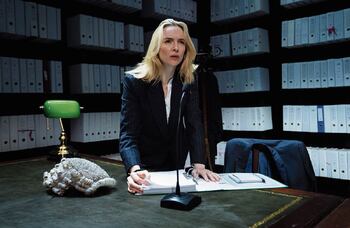Papatango founder: The term 'new writing' is not helpful to the theatre sector
Papatango co-founder George Turvey has warned that the narrative around new writing being "risky" means work is often "forced" into smaller spaces.
The artistic director of the theatre company, known for its annual new-writing prize, was speaking earlier this week at the Genesis Foundation’s panel focusing on ‘what’s next for new writing’, hosted by the Bristol Old Vic.
Turvey called for commentators to move away from the term ‘new writing’ and argued that debut plays were no more hazardous than “any other piece of theatre”.
He said: “I don’t think talking of new writing as one big homogenous thing is helpful. If the National Theatre is going to put on a James Graham play that is about Gareth Southgate and stars Joseph Fiennes, that’s not the same amount of risk as a debut playwright.
“The unfortunate thing with the narrative around ‘new writing being risky’ is that quite often [new writing] gets forced out of main stages and into studios, where it’s incredibly difficult to make it work financially – so you hamstring it. Then people say: ‘We tried it and it didn’t work, and we lost loads of money.’”
Continues...
Turvey, winner of the 2022 Genesis Foundation prize, was speaking alongside Bristol Old Vic artistic director Nancy Medina and playwrights Miriam Battye and Juliet Gilkes Romero, in an event moderated by the theatre’s new work producer Ben Atterbury.
Echoing Turvey’s comments, Medina noted that “risk used to be an exciting thing”, while Gilkes Romero admitted to concerns that shifts in theatre’s leadership and creative models could have a negative impact on new-writing commissions.
Citing changes introduced at Manchester’s Royal Exchange Theatre, which recently announced it was abandoning its artistic director model, Gilkes Romero said: “I worry about the current landscape.
“If you look at Manchester’s Royal Exchange not having artistic directors anymore, or theatre buildings doing away with literary managers – the risk in that situation is: ‘How do new writers gain access?’ That’s where the biggest risk is seen.”
The event marked the latest in the Genesis Foundation’s conversational series on theatre ecology, with previous discussions including the Arts in a Time of Crisis panel, in November last year.
This year’s panel suggested various proposals that they hoped would support a healthier and more productive environment for emerging playwrights, with Battye calling for all theatres to implement “a clear and robust unsolicited scripts policy”, and Gilkes Romero expressing her hope for more mid-career development opportunities.
Medina concluded: “The development of art and stories has to be fundamental to every theatre.”
Production News
Recommended for you
Production News
Recommended for you
Most Read
Across The Stage this weekYour subscription helps ensure our journalism can continue
Invest in The Stage today with a subscription starting at just £7.99
